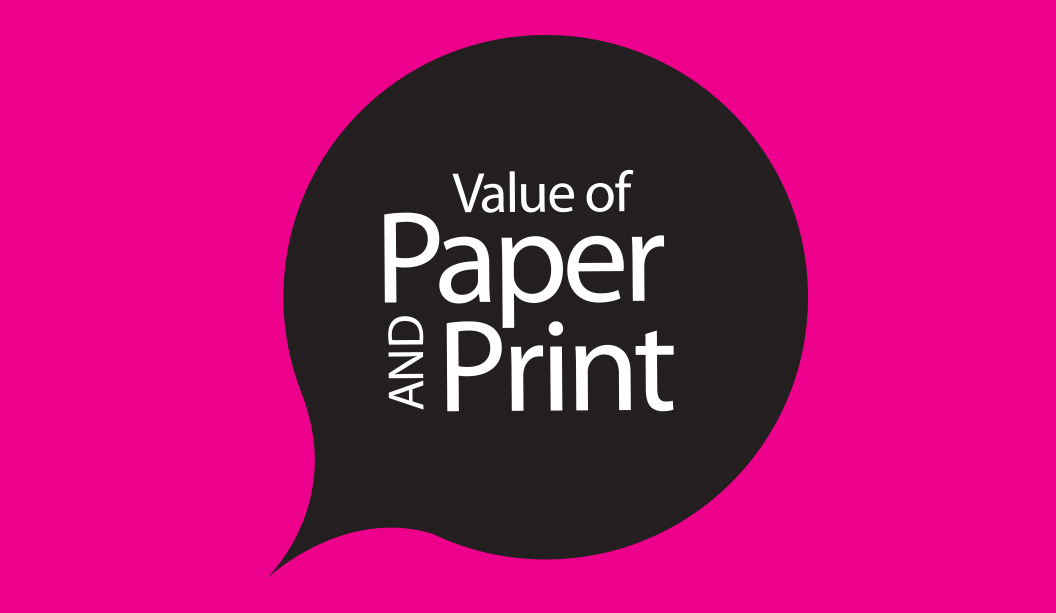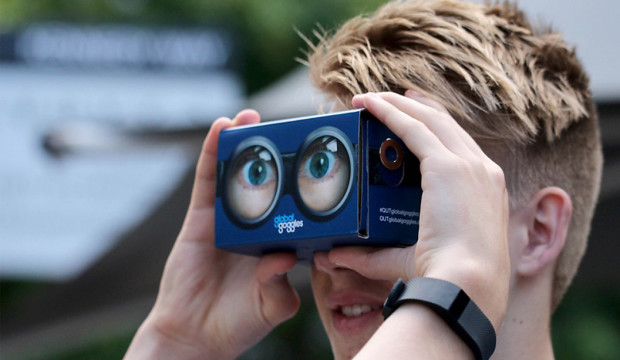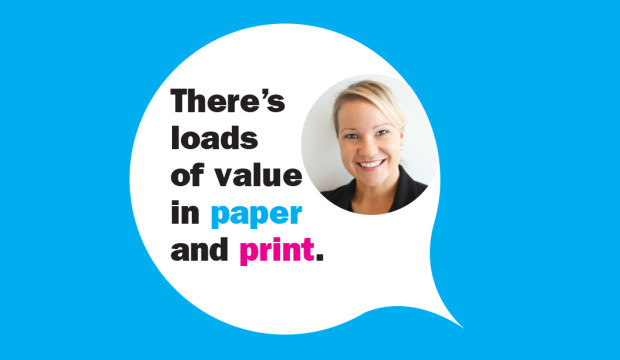BACKGROUND:
To reinforce QUT’s positioning as a forward-thinking and innovative tertiary institution, they utilised Google Cardboard to deliver a truly sensory experience to prospective students.
Google Cardboard is a virtual reality (VR) platform that uses a fold-out cardboard mount for a smartphone. Once mounted with the relevant app installed, it becomes a VR Viewer and replicates an environment that simulates physical presence through sensing movement and rotating the image accordingly. It is a highly immersive and engaging platform, already utilised by numerous brands. Due to its low-cost, sustainable and environmentally-friendly design, Google Cardboard has proven itself to be a very effective application to grab an audience’s attention – and keep it.
QUT is a highly successful and globally positioned Australian university based in Brisbane and is consistently ranked as one of the best performing in the country and the world. With school leavers showing a growing awareness and genuine interest in the importance of global opportunities, QUT wanted to emphasise that their graduates were widely recognised as ‘global ready’. Google Cardboard enabled QUT to encapsulate the message of ‘global ready’ within an engaging and memorable multimedia channel.
“By embracing VR technology, instead of taking QUT students to the world, we brought the world to them.”
(Tony Wilson, Director of marketing, QUT).
OBJECTIVE:
QUT worked with Brisbane based agency BCM to develop the Global Goggles campaign which created a virtual reality experience for prospective students. It showed a 360-degree rendering of the Brisbane skyline with landmarks from all over the globe, such as the Eiffel Tower and Big Ben popping into view. It was designed to visualise the university’s claims that its students are ‘global ready’ whilst demonstrating its credentials of being a forward-thinking and innovative institution.
METHODOLOGY:
15,000 prospective students and their families who visited the QUT Open Day at the Garden Point campus were given a pair of Global Goggles.
The Google Cardboard device had been branded with the Global Goggles and QUT logos and was constructed by the users from flat pack form. The Global Goggles could be used again and again and for a multitude of different apps freely available to download. This ensured that they would remain with their users for a long time serving as a physical reminder of the positive brand experience they had whilst at the Open Day.
RESULTS: Feedback from prospective students who tried the Global Goggles was extremely positive with a high proportion of users stating that it was the first time they had experienced virtual reality. Global Goggles was a highly effective branding opportunity for QUT and reinforced their brand positioning of being at the forefront of innovation and global technology.
“That was insane. I really felt like I was there. I didn’t expect it to be like that. It was like nothing I’ve ever experienced.”
(Prospective QUT student, 2015)
CONCLUSION:
Virtual Reality has the potential to become one of the big trends for marketers to embrace within their multimedia channel campaigns. Because Google Cardboard is a cost effective, accessible and portable adoption of VR, it enables brands to create immersive experiences for consumers and get them to market quickly.
Like all print, Google Cardboard can be easily customised, through shape, colour and branding allowing marketers to maximise impact with their own VR campaigns.
QUT is not the only university utilising Goggle Cardboard to attract prospective students. University of Tasmania was keen to engage students with a tour of their campus locations with an immersive panoramic experience. This proved to be a great attraction to visitors of Open Days who took the virtual tour.
The ability to send a Google Cardboard pack to potential students nationwide, or even worldwide, who cannot feasibly visit before applying to study, offers a novel approach to making remote students feel included and aids the explorative phase students go through before choosing their university.
Thanks to Kellie Northwood, Executive Director of VoPP/Two Sides Australia for allowing us to republish this case study, made available to us as Foundation Sponsors of TSA Limited, the publishers of the VoPP (Value of Paper and Print) report. Find out more via www.valueofpaperandprint.com.au.

 Footy Tips
Footy Tips


